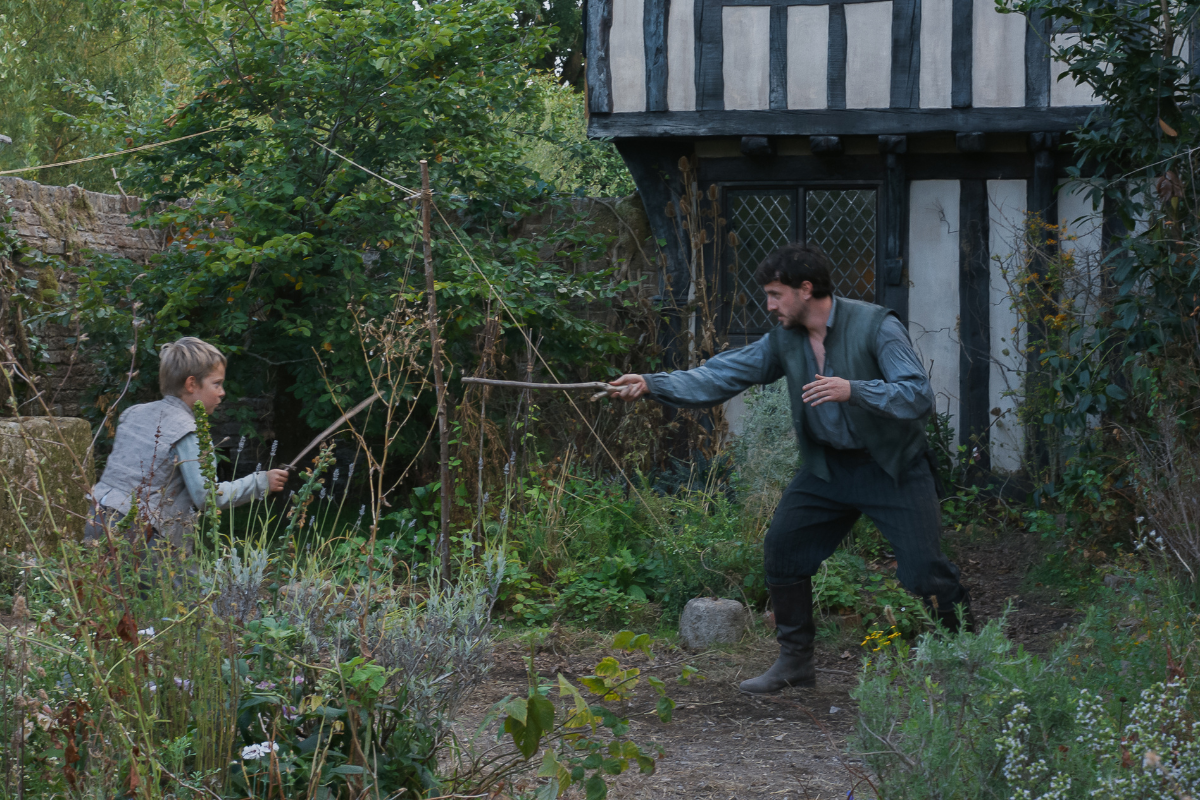Ask the Expert: Writing Screenplays vs Books
Question: “What are the main differences/similarities between writing a screenplay and a book?” Answer: Having spent 20 years writing plays, TV pilots, that old thing now similar in popularity to…
Question: "What are the main differences/similarities between writing a screenplay and a book?"
Answer: Having spent 20 years writing plays, TV pilots, that old thing now similar in popularity to the LP called a Movie of the Week (we used to call them MOWs), and then 15 years of writing screenplays, I just completed my first book, called Between a Rock and a Hot Place.
There are, of course, the obvious differences: A TV comedy pilot, also showing up on the endangered species list, is 35 to 50 triple-spaced pages with very wide margins. A comedy screenplay is no more than - or should be no more than - 108 double-spaced pages filled mostly with dialogue. Plays can sort of be anything you want them to be: they can be 90 minutes a la David Mamet or two days a la Tony Kushner. The reason I cite these examples is depending on how fast a writer you are, you may get a pilot or an episode of a show out in a matter of days. So the actual time spent writing is infinitely less. My friend, the late Blake Snyder, and I once wrote an entire film in six days. Now we did go back and do rewrites, but at the end of six days, it was a movie.
When writing books, that’s not the case. I took 16 months to write my book, two years when you add in editing and various drafts. The actual sitting in the chair and getting the words down is the same process. The difference at that stage is merely time spent in the chair.
The big difference - and there is a big difference - is when you turn your book in, it is yours, and nobody comes in and rewrites you. You don’t spend your days looking over your shoulder wondering whose computer this work of yours will soon be living in.
When you get notes on your book, they are in the form of suggestions. They are not mandates, they are not threats, they are not given by the people that serve you coffee. They are given by one person, your editor, who is very adept at his or her job. Editors actually have to know what they are doing, they have to read, they have to understand story, structure, and quality, and I repeat, there is only one of them. So it is not writing by committee. Then, when you get your suggestions, there are two spaces next to them, a check if you agree and an x if you don’t. It’s not a despotic system, it’s not even a democracy. You have the final say. You rule your content and your words.
I think that is the most exhilarating difference and it’s really like living in communist country for decades and suddenly the wall comes down. Artistic freedom.
The flip side is when the reviews come in, there is no one to blame them on, like with a film.
When there are terrible lines or story points that are not yours, since you’ve been rewritten by a cast of thousands, you can always say, “hey, not my fault.”
With a book, it’s yours and yours alone.
And I’ve got to say, after so many years living behind the iron curtain of Hollywood, it’s thrilling to be free.
Tracey Jackson, author of Between a Rock and a Hot Place, is a writer, director, producer, and screenwriter. Her films include The Guru, the adaptation of Sophia Kinsella's Confessions of a Shopaholic, and documentary Lucky Ducks.
Learn How to Turn a Book Into a Movie with our FREE Download on Tips for Acquiring Book Rights and Writing an Adaptation
Top screenwriting and film publication, founded in 1989, published by Active Interest Media. Twitter: @scriptmag







